Substation | Classification of Substations
Substation A substation is part of an electrical power system that is used to transform…
Heat Engine | Internal Combustion Engine
Heat Engine Heat engine is a device which convert heat energy by means of chemical…
Stand Alone PV System | Schematics and its Components
Stand Alone PV System A standalone solar electrical system is one that uses only solar…
Difference Between AC and DC Welding
Welding Welding is joining two materials, like thermoplastics or metals, at a high temperature by…
FACTS Controller | Types of FACTS Controller
FACTS FACTS stands for Flexible AC Transmission System. It is a power electronics-based system where…
Advantages of Electric Heating
Electric heating has several advantages, which are as follows: Electric heating is a very efficient…
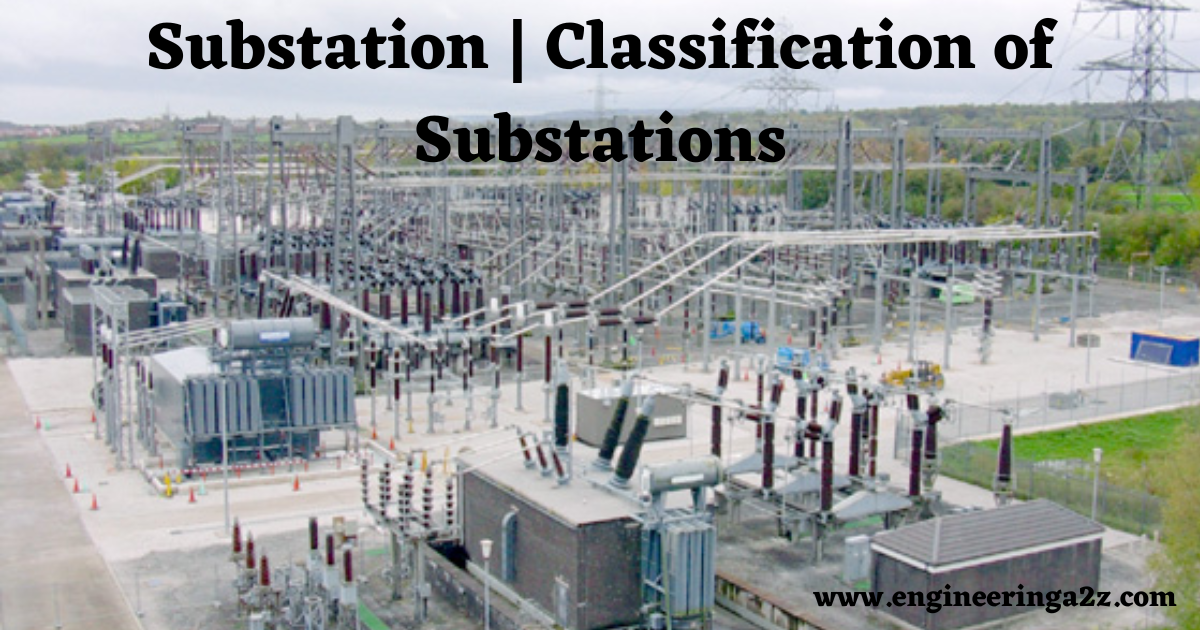
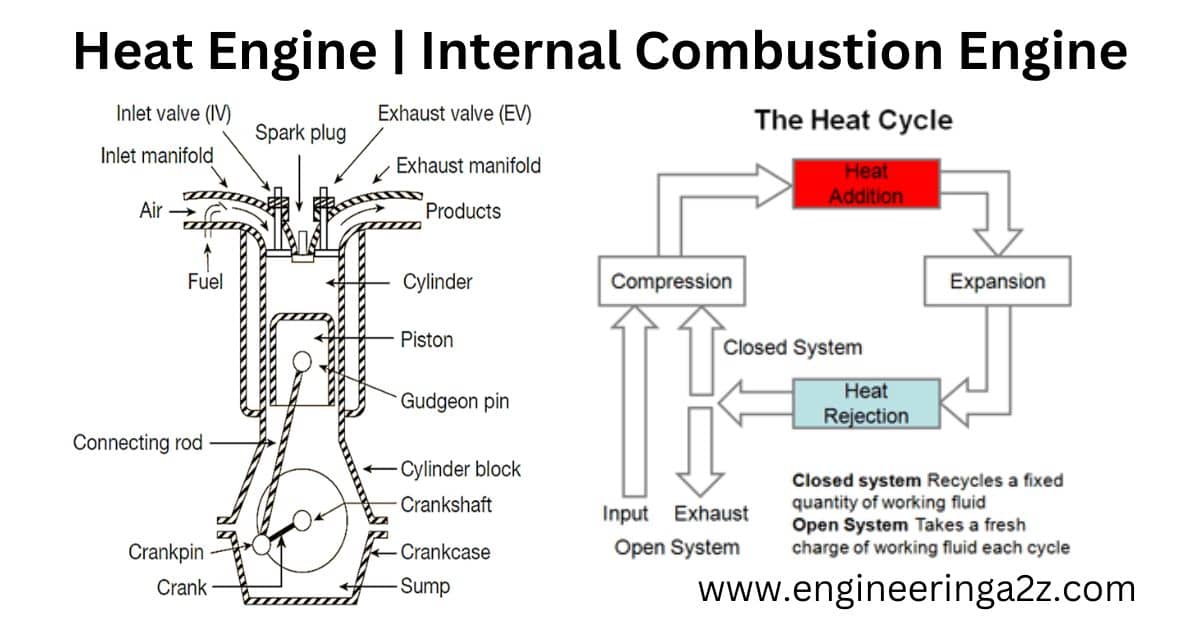

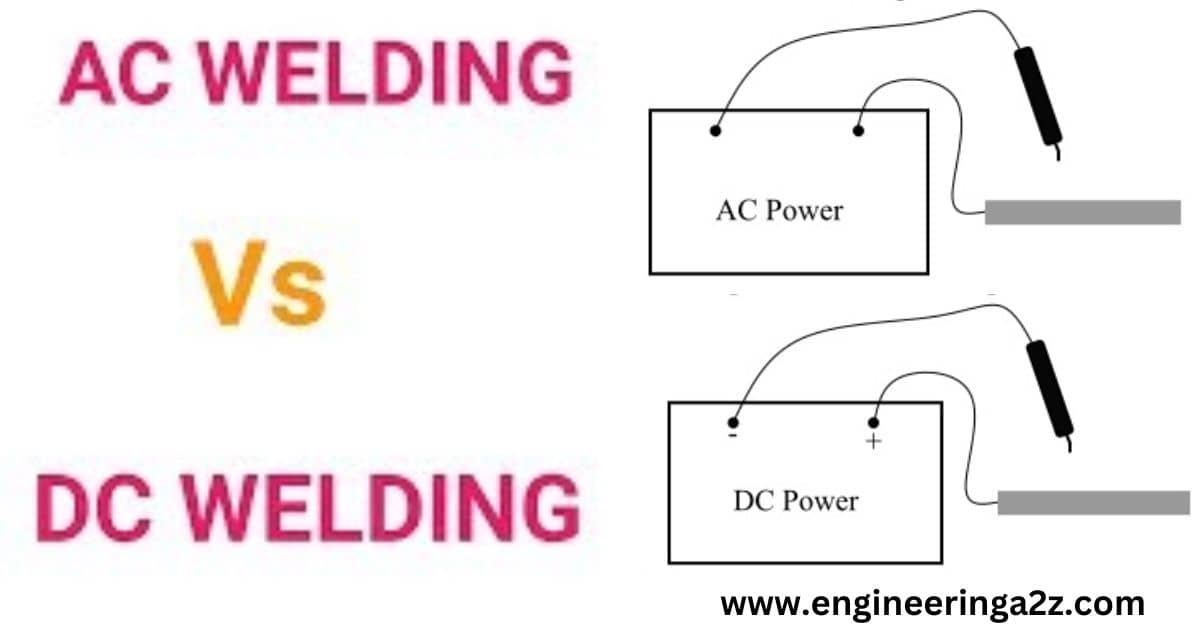
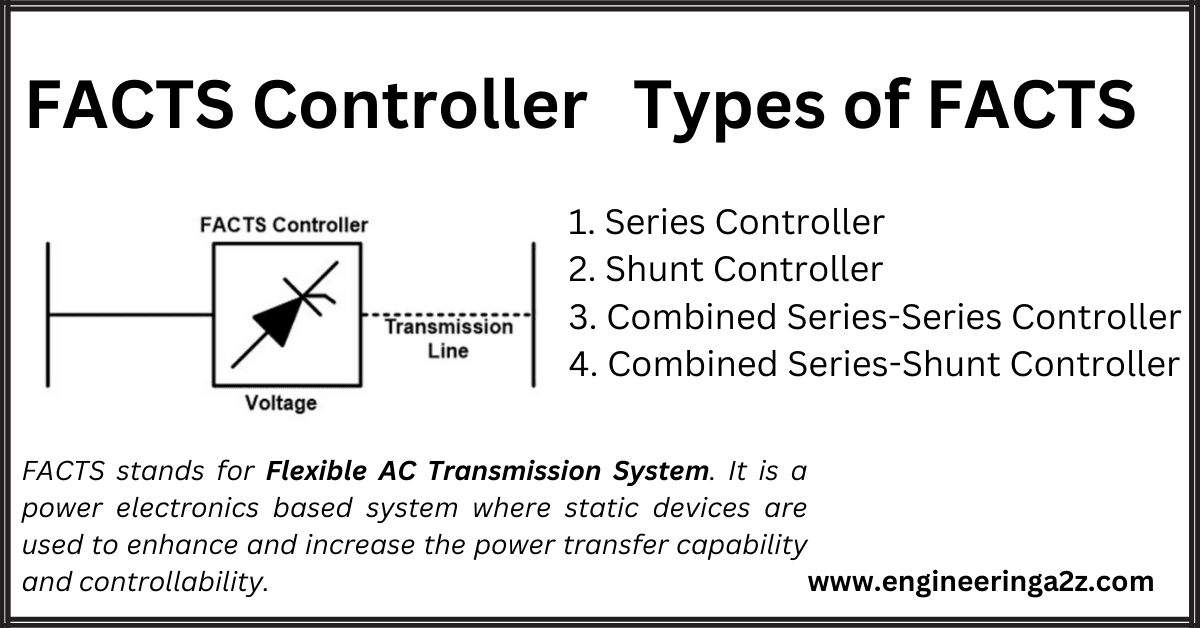
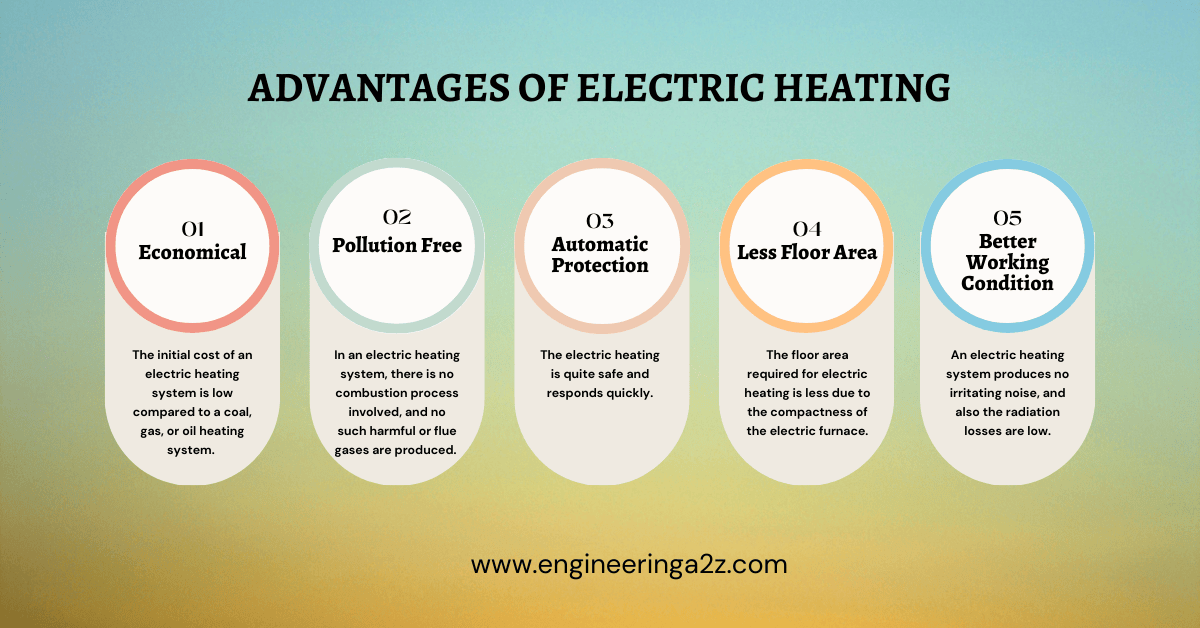






Comments